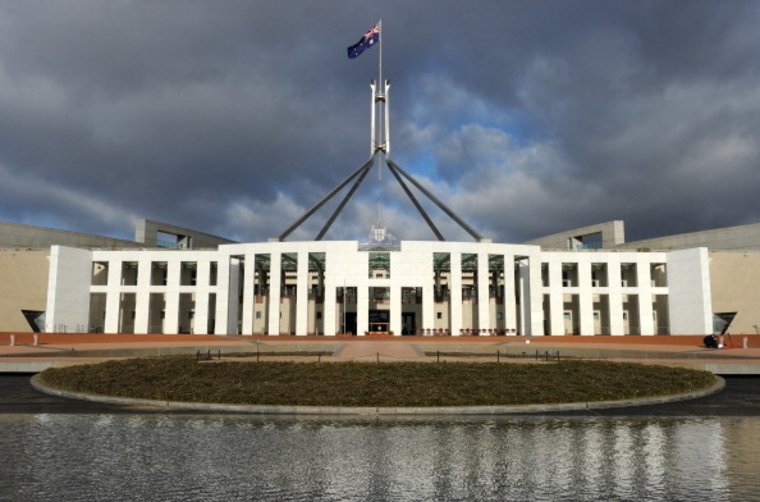"It's probably a bit unusual for me to be in agreement with Richard Wood," said Labor Senator Kim Carr. "I have been known to say some nasty things about you."
 This utterance occurred during a hearing of the Senate Standing Committee for the Scrutiny of Delegated Legislation on 27 August, of which Carr is a member. The Committee is currently inquiring into the exemption of laws from the committee's oversight and scrutiny.
This utterance occurred during a hearing of the Senate Standing Committee for the Scrutiny of Delegated Legislation on 27 August, of which Carr is a member. The Committee is currently inquiring into the exemption of laws from the committee's oversight and scrutiny.
It is a cliché of modern political discourse that it is polarised and petty, characterised by partisan bickering along strict party lines. Carr himself in 1993 referred to me as "Hitler Youth". But all that is forgiven and forgotten in this Senate Committee where the battles they are engaged in cut across the party and ideological lines. In many ways their task is bigger than party politics.
The function of this Senate Committee is to review the regulations and other types of laws that ministers and the bureaucracy are authorised to make, known as delegated legislation. The parliament delegates this authority but retains the power to scrutinise and disallow these legislative instruments, which is exercised primarily by the Senate Committee.
Reviewing the regulations coming out of the government departments has become a mammoth task given its volume. My research in June 2019 found that the Australian Competition and Consumer Commission alone had 44,160 pages of regulation in force.
While the volume of delegated legislation is an issue in and of itself, far more problematic is that increasingly delegated legislation are not even able to be scrutinised or disallowed by the Senate committees. Carr spoke of his experience of there being an increasing proportion of delegated legislation exempt from disallowance "which suits the senior public servants — in my experience as a former minister".
The absorption of law-making powers away from the elected representative parliament into the various ministerial departments and government agencies is a trend that has been occurring for a long time, but like with many trends, COVID-19 has accelerated it. In 2019 about 20% of the delegated legislation was exempt from the disallowance, but in 2020 more than 23% of delegated legislation issued in response to the coronavirus has been exempt.
Between 18 March and 11 June, 171 pieces of delegated legislation were created in response to the pandemic, 40 of which have been exempt from democratic oversight in the form of disallowance. Among these exempt rules are the declaration of biosecurity emergency and subsequent extensions of the emergency period, travel bans, regulation of therapeutic drugs for COVID-19 including Hydroxychloroquine and Salbutamol, regulating cruise ships (remember the Ruby Princess debacle), restricting the trade of airport shops, regulations on the possession of equipment to limit the spread of COVID-19, implementation and regulation of the COVIDSafe app, and, changes to public sector operations such as pay.
In most cases the exemptions are piecemeal, but in other cases the rules made by agencies, like the Murray Darling Basin Authority, are entirely exempt from scrutiny. Perversely Ministers can pass regulations exempting entire classes of delegation legislation from oversight.
The transfer of law-making powers to the bureaucracy is a sign of technocratic government. Instead of the power being held by those people elected, the power to make laws increasingly rest with the pen-pushers in the various departments.
If the trend of the parliament abrogating power to the bureaucracy continues then our democracy is a stake. If the elected parliament surrenders their law-making power, then casting a vote will become meaningless since we elect will never be able to represent us or change the direction of the country.
The Senate Committee's inquiry may sound technical and wonky but it relates to an important question about Australia's future, not the least of which will be whether we continue to slide into technocracy or whether the parliament will ever reassert itself against the vast machinery of the Canberra bureaucracy.
No comments:
Post a Comment